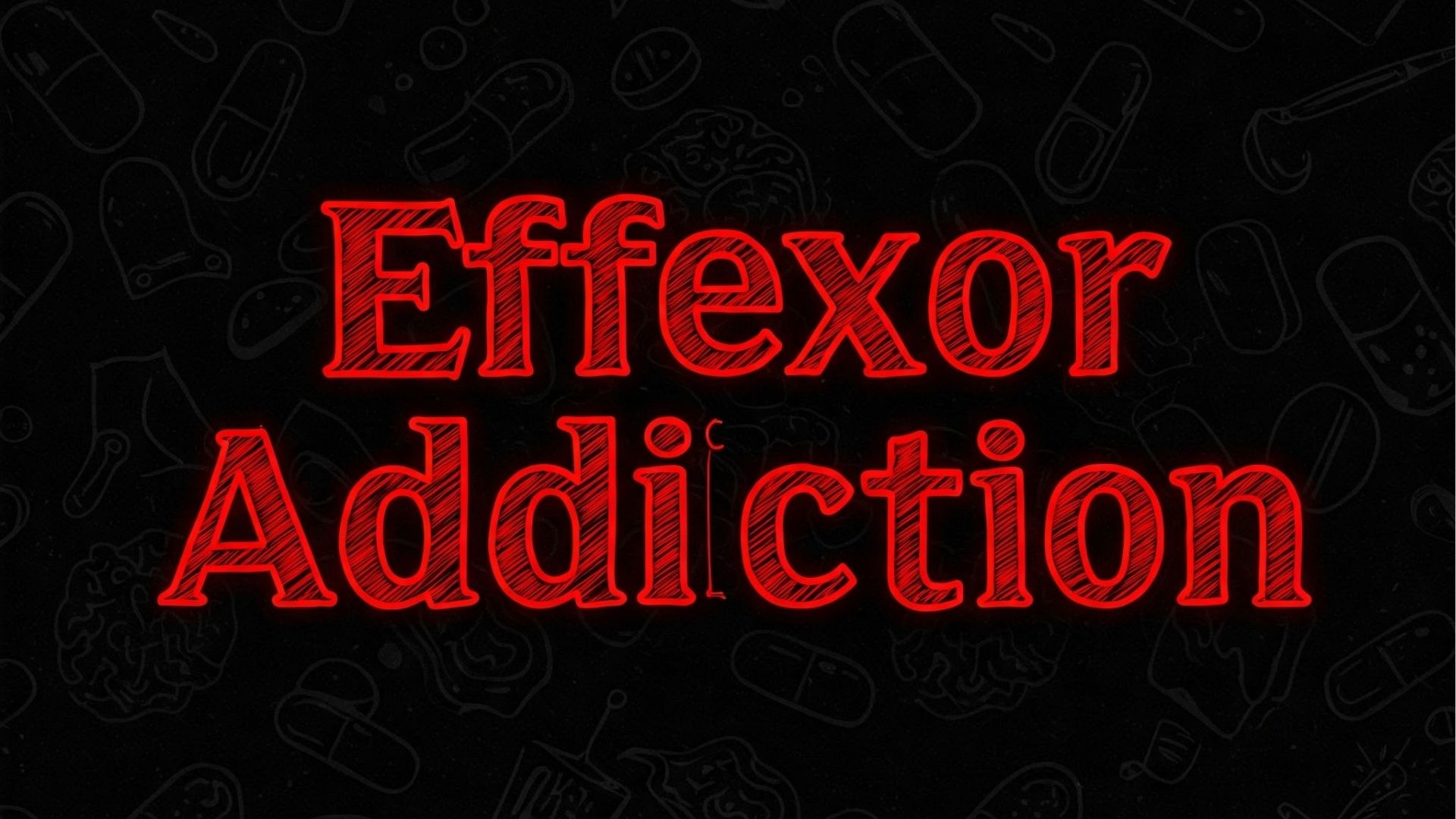Let’s get one thing straight—nobody starts taking a medication thinking they’ll get hooked. But here’s the hard truth: Effexor addiction happens, and it’s more common than you think.
If you’re in Columbus, Ohio, struggling with depression, anxiety, or mental health issues, you might have been prescribed Effexor (venlafaxine) to help. And at first, maybe it did. But now? You might feel trapped—like you can’t function without it, yet it’s not really helping anymore.
That’s the sneaky side of dependence on this medication. It doesn’t look like street drugs or alcohol dependency, but the grip is just as real. The withdrawals? Brutal. The emotional numbness? Exhausting. And the worst part? Most people don’t even realize they’re dependent until they try to stop.
But here’s the good news: freedom is possible. Whether you’re looking for Addiction Treatment or a full Addiction Recovery plan, this guide will walk you through everything—from spotting the signs to finding the right help in Columbus.

What Is Effexor, and How Does It Lead to Dependence?
Effexor (venlafaxine) is an antidepressant, part of a class called SNRIs (serotonin-norepinephrine reuptake inhibitors). Doctors prescribe it for depression, anxiety, and panic disorders. It works by balancing brain chemicals to improve mood and energy.
But here’s the catch—your brain gets used to it. Over time, it stops producing those “feel-good” chemicals naturally because Effexor is doing the work. When you try to quit? Your brain freaks out. That’s withdrawal. And withdrawal is what keeps people trapped even when the medication stops helping.
Signs You Might Be Dependent on Effexor
You can’t miss a dose without feeling sick (brain zaps, dizziness, nausea). You’ve tried to quit but couldn’t handle the withdrawal. You take more than prescribed because the original dose doesn’t work anymore. You feel emotionally numb—like the drug is just keeping you stable, not actually improving your life.
If this sounds familiar, you’re not weak. You’re not broken. Your brain has just adapted to the drug, and now it’s fighting you when you try to change.

Why Quitting Effexor Feels Impossible (And How to Do It Safely)
Stopping cold turkey is a nightmare. The withdrawal symptoms hit fast—brain zaps (like electric shocks in your head), mood swings, fatigue, and even flu-like symptoms. Many people go back to taking Effexor just to make the pain stop.
But there’s a better way: tapering off slowly under medical supervision.
The Right Way to Quit Effexor
First, talk to a doctor – Never stop alone. A doctor can create a slow tapering plan to minimize withdrawal. Second, consider a medical detox – Some people need extra support. A detox inpatient near me program can help manage symptoms safely. Third, replace it with healthier coping strategies – Therapy, exercise, and natural mood boosters (like sunlight and social connection) can help your brain heal.
If you’re in Columbus, Ohio, and need structured help, Drugs Rehab in Columbus Ohio offers programs designed for prescription drug dependence.
What Happens After You Quit? (The Road to Recovery)
Getting off Effexor is just the first step. Real recovery means rebuilding your mental health without relying on a pill.
Steps to Stay Free from Dependence
Therapy – Cognitive Behavioral Therapy (CBT) helps rewire negative thought patterns. Support Groups – Connecting with others who’ve beaten medication dependence keeps you motivated. Healthy Lifestyle Changes – Sleep, nutrition, and exercise play a huge role in mental health. Alternative Treatments – Some people benefit from holistic approaches like mindfulness or acupuncture.
At Ridgeline Recovery, we specialize in treatment that helps the whole person—not just the dependence.

Trivia: Did You Know?
Before we jump into FAQs, here’s a surprising fact: Effexor has one of the shortest half-lives of any antidepressant. That means it leaves your system fast—which is why withdrawal hits so hard compared to other medications.
Frequently Asked Questions (FAQs)
1. Is Dependence on Effexor Common?
Yes. While it’s not as widely discussed as opioid or alcohol addiction, many people struggle with dependence on antidepressants like Effexor.
2. Can You Snort Effexor?
Some people misuse Effexor by crushing and snorting it, but this is extremely dangerous. (For more on snorting medications, read: Do People Snort Adderall.)
3. How Long Does Withdrawal Last?
It varies, but most people feel the worst symptoms in the first 1-2 weeks. Some experience lingering effects (like mood swings) for months.
4. Where Can I Find Help in Columbus, Ohio?
If you need Detox From Alcohol Near Me or prescription drug rehab, Ridgeline Recovery offers tailored programs to fit your needs.
Final Thought: You Don’t Have to Do This Alone
If Effexor has turned from a lifeline into a cage, it’s time to break free. The withdrawal might be tough, but the other side? Freedom. Real emotions. Real energy. A life where you’re in control—not a pill.
Contact us today. Whether you need treatment, therapy, or just answers, we’re here to help. You don’t have to stay stuck.






